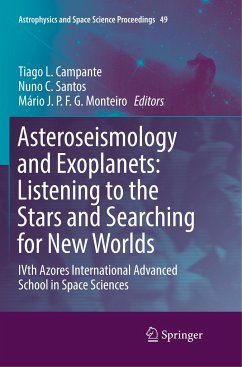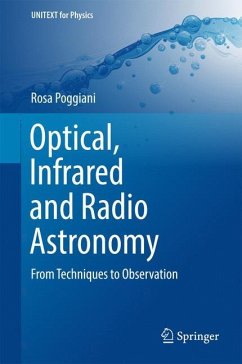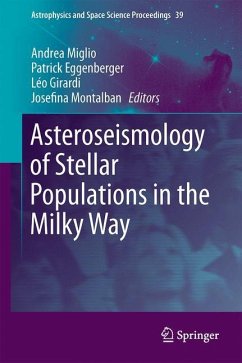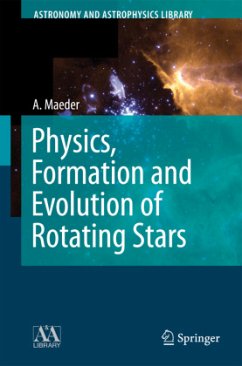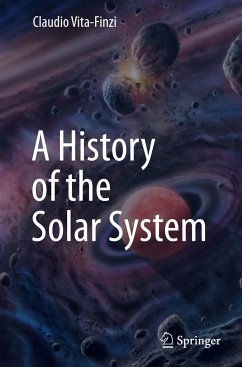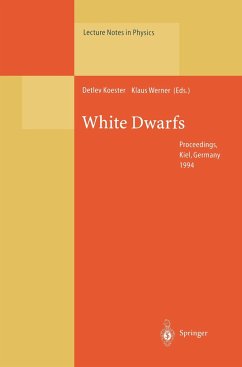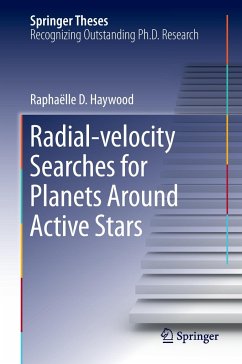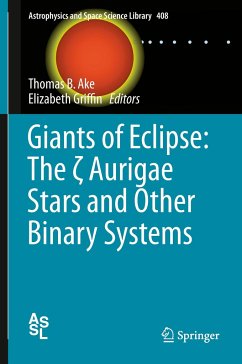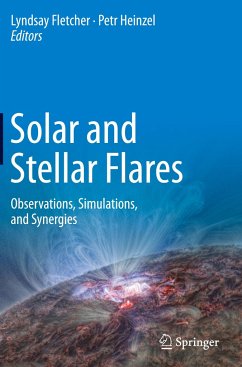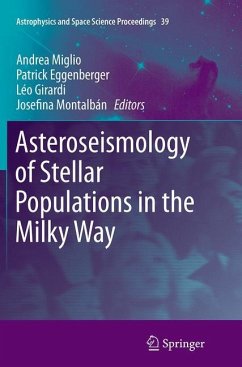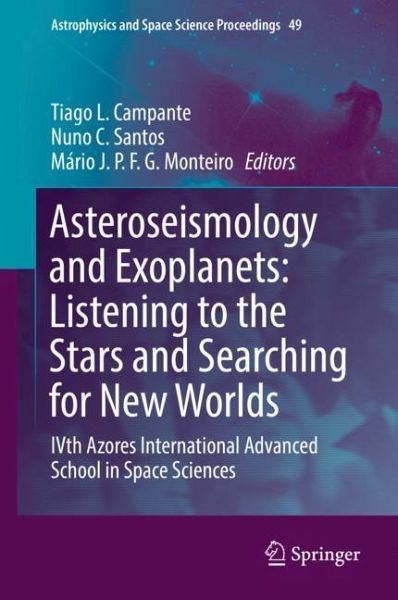
Asteroseismology and Exoplanets: Listening to the Stars and Searching for New Worlds
IVth Azores International Advanced School in Space Sciences
Herausgegeben: Campante, Tiago L.; Santos, Nuno C.; Monteiro, Mário J. P. F. G.

PAYBACK Punkte
57 °P sammeln!
This book presents the proceedings of the IVth Azores International Advanced School in Space Sciences entitled "Asteroseismology and Exoplanets: Listening to the Stars and Searching for New Worlds". The school addressed the topics at the forefront of scientific research being conducted in the fields of asteroseismology and exoplanetary science, two fields of modern astrophysics that share many synergies and resources. These proceedings comprise the contributions from 18 invited lecturers, including both monographic presentations and a number of hands-on tutorials.



